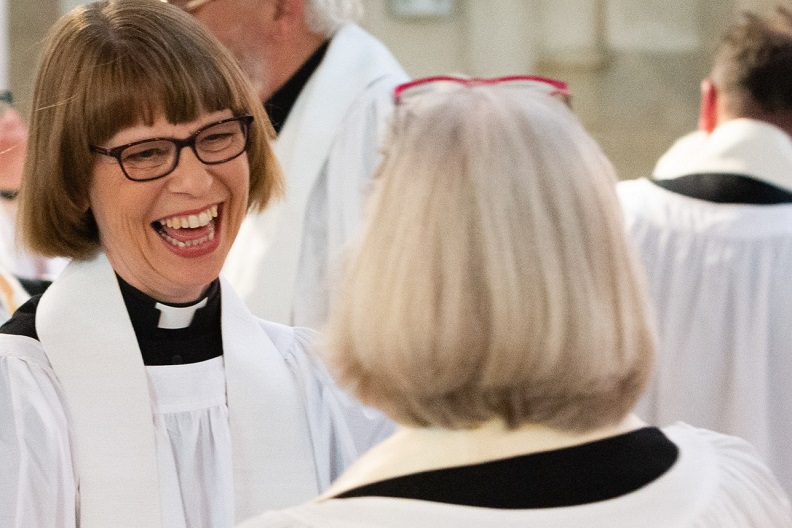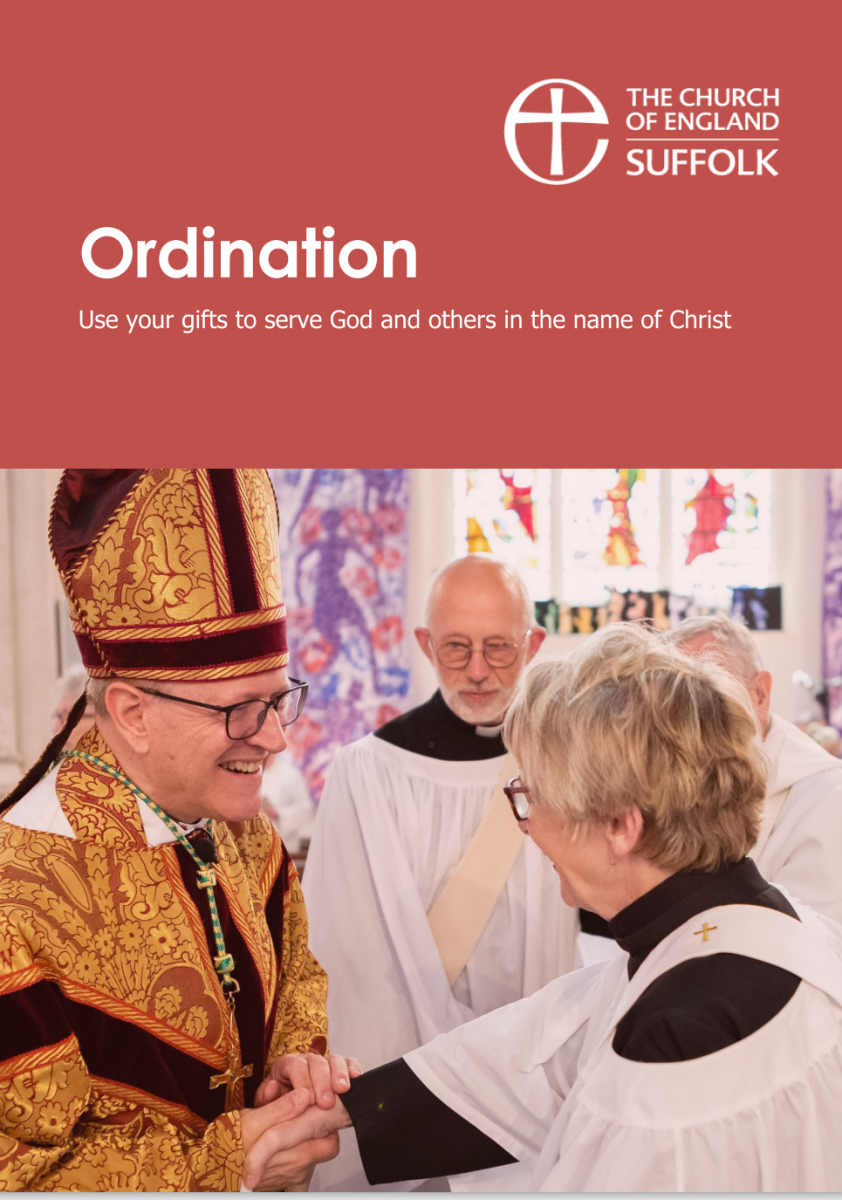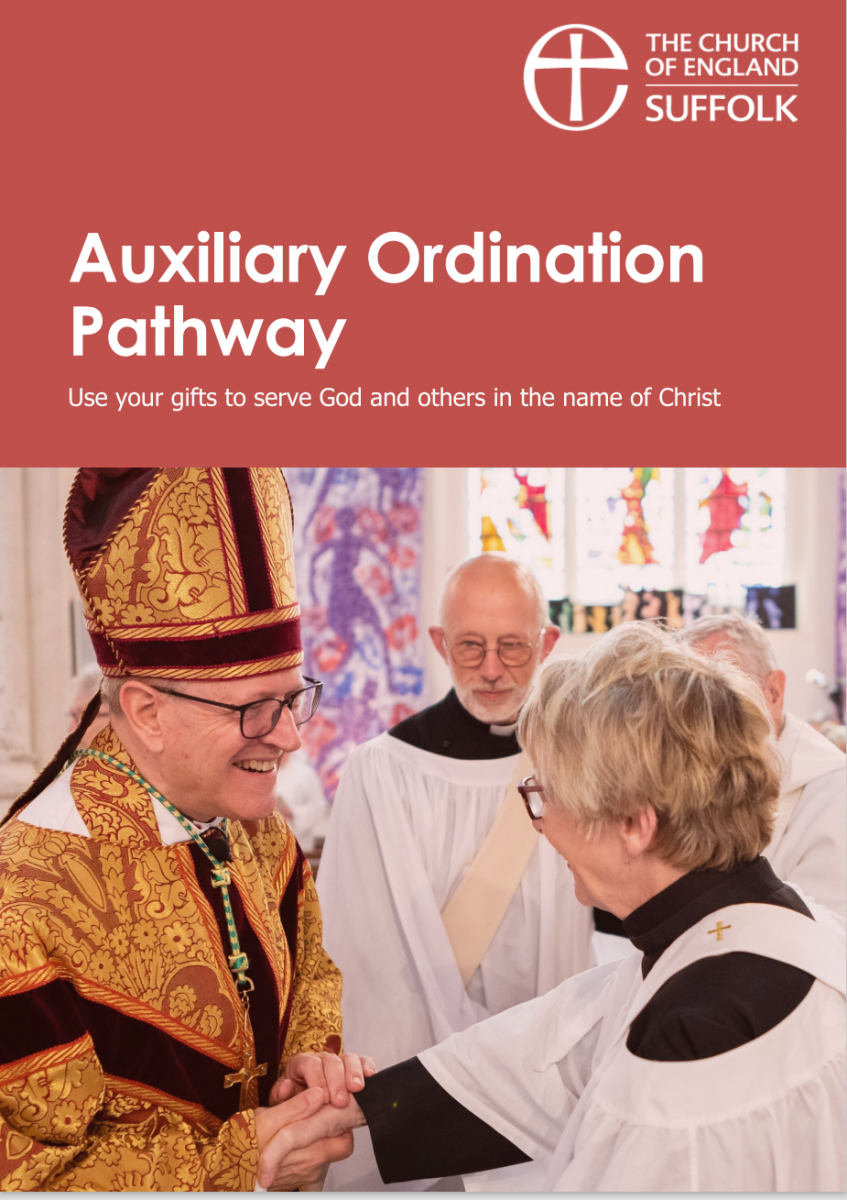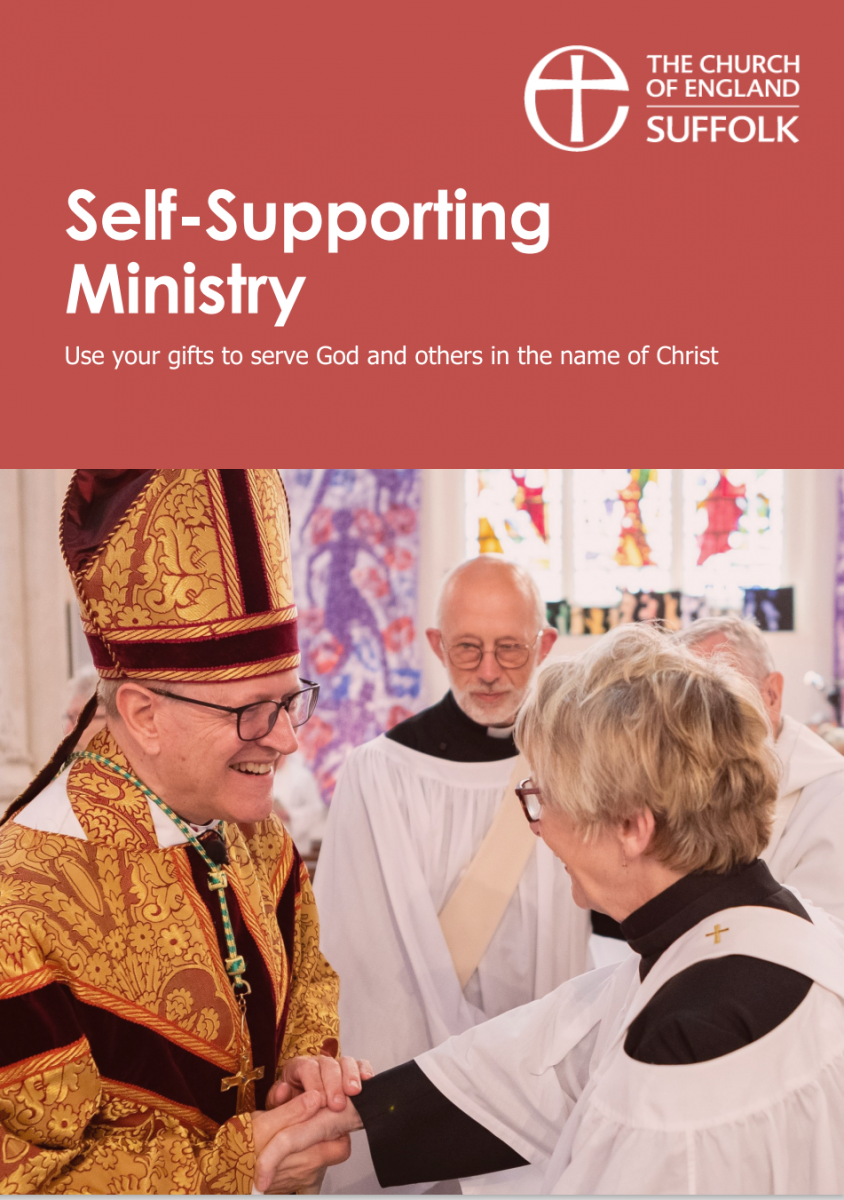
Picture by Keith Mindham
"I received a card from a friend encouraging me to go into ministry - this ignited a fire that burned for ten years before I acknowledged it! When I finally responded it felt right, like this is what I was supposed to be doing all along." Laura Pope, Ordinand training at Westcott House, Cambridge.
Ordained MinistersOrdained Ministers (deacons and priests) are called to represent the church in the wider world. They lead the church’s mission and ministry through worship and prayer, preaching and teaching, community engagement and pastoral work. Some ordained ministers are self-supporting and serve locally, and some are stipendiary. Some are parish-based, while others serve in schools, hospitals, prisons and elsewhere as chaplains. |
Ordinations Leaflet | PDF |
Discernment

The pathway to ordination is the same for all clergy, and involves a discernment process which usually begins within your own congregation and conversations with your own priest or with the Diocesan Director of Ordinands (DDO) or a member of his team.
The next step is taken within the diocese when the Diocesan Director of Ordinands takes time to meet with you and discuss your faith and your sense of calling in the light of criteria that have been agreed by the national church.
If your call seems to point clearly towards ordained ministry, you will become a member of the 'Fellowship of Vocation' and start working with diocesan staff. We will work with you to identify what type of ministry is right for your unique gifts and talents. This part of the process is one of preparation and formation, and can therefore take a long time. It may take from one to three years. This time is spent discerning your vocation is a time of personal growth. You will be increasing in self-awareness, developing a disciplined prayer-life and building your knowledge.
The next step to ordination is to be interviewed by the national church selection board and attend a residential 'Bishop's Advisory Panel' (BAP), If you are successful a recommendation will be made to our Bishop that you can be a candidate for ordination. Our Bishop will need to agree to sponsor your training.
Training at a theological education institutionOnce recommended, you can prepare for ordination at a theological education institution. There are numerous pathways available, the most common falling into residential (where you usually live in the college) and non-residential (where you train in a context based setting). |
List of colleges are available here. |
Training with the Bishops’ Auxiliary Ordination Pathway (AOP).The Diocesan Auxiliary Ordination Pathway is designed for those in whom the Church discerns a vocation to ordained ministry which they would exercise normally in their home or work locality, to build up the body of Christ and show and share their Christian faith where they live. AOP is focused primarily on ordinands who are likely to serve as self-supporting assistant priests in the parish or benefice which sponsors them. |
|
Self-supporting ministersSelf-Supporting Ministers’ (SSM) already have a full or part-time job in another profession, some are only licensed to a particular benefice or deanery while others are deployable by the Bishop wherever their skills might be needed most. To discuss becoming a Self-Supporting Minister, please get in contact with the Revd Tony Redman, Bishop's Advisor for Self-Supporting Ministry. |
SSM Leaflet | PDF
|
Beginning your curacy
Upon successful completion of your course, you will be ordained a deacon by your bishop, and will begin a curacy in a parish. Your curacy is an opportunity to serve alongside an experienced vicar, putting into practice the knowledge gained from your course and learning from them as you prepare for your own ministry.
As a deacon you are able to do weddings and baptisms, but you must be ordained priest before you can preside over Holy Communion. You will most likely be ordained a priest by your bishop after a year of curacy, provided this is the type of ministry you have been training for.
Contacts and more information
For further information about discernment, selection and training, email the Revd Canon Stuart Batten, Diocesan Director of Ordinands.
Church of England Preparing for Ordained Ministry | Weblink
Ordained Vocations Mentor Directory | WeblinkIf you are interested in becoming a Self-Supporting Minister,
 Further details are available:
Further details are available: Further details are available:
Further details are available: Further details are available:
Further details are available:
